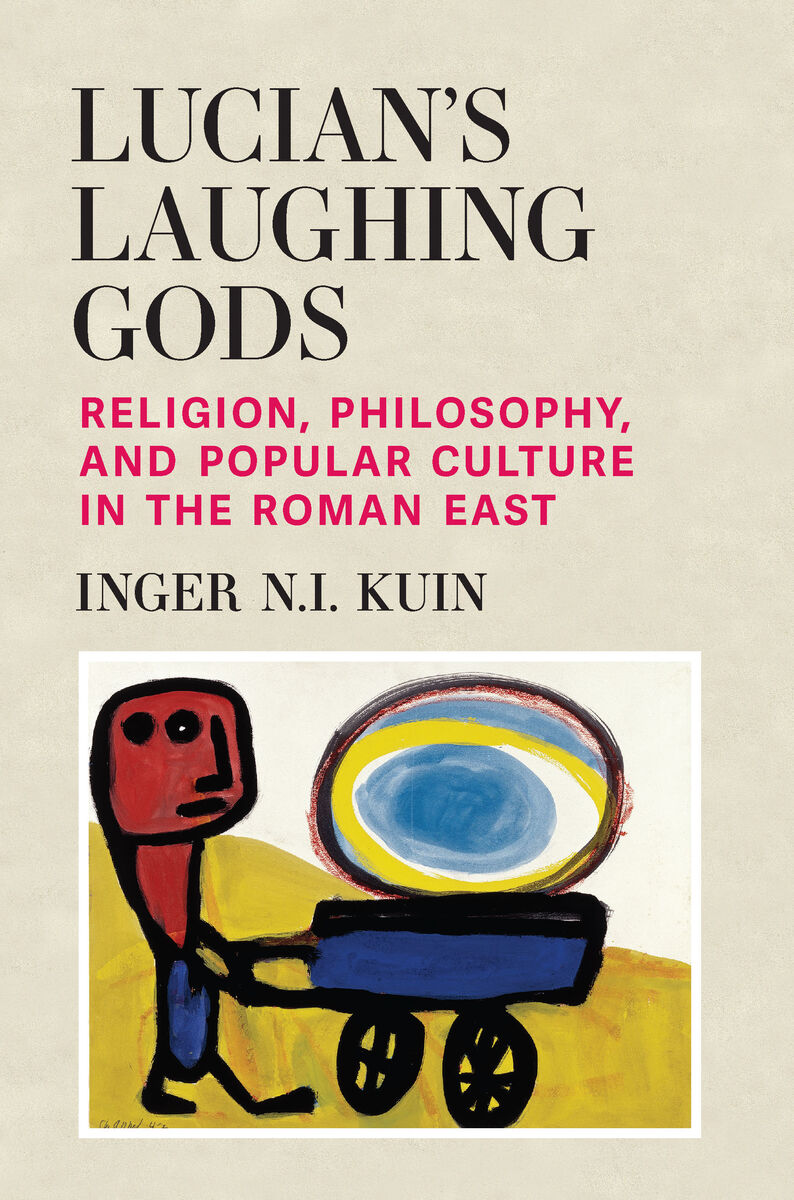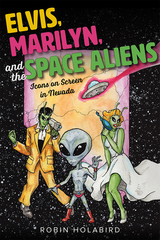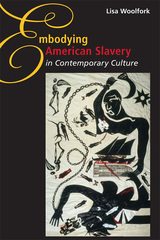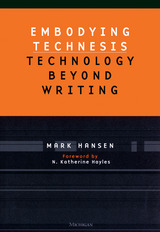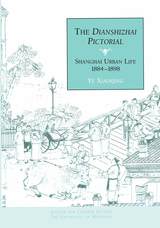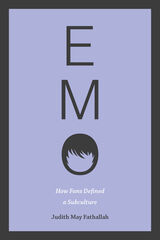Lucian’s Laughing Gods: Religion, Philosophy, and Popular Culture in the Roman East
University of Michigan Press, 2023
Cloth: 978-0-472-13334-5 | eISBN: 978-0-472-22097-7
Dewey Decimal Classification 887.01
Cloth: 978-0-472-13334-5 | eISBN: 978-0-472-22097-7
Dewey Decimal Classification 887.01
ABOUT THIS BOOK | AUTHOR BIOGRAPHY | REVIEWS | TOC | REQUEST ACCESSIBLE FILE
ABOUT THIS BOOK
No comic author from the ancient world features the gods as often as Lucian of Samosata, yet the meaning of his works remain contested. He is either seen as undermining the gods and criticizing religion through his humor, or as not engaging with religion at all, featuring the gods as literary characters. His humor was traditionally viewed as a symptom of decreased religiosity, but that model of religious decline in the second century CE has been invalidated by ancient historians. Understanding these works now requires understanding what it means to imagine as laughing and laughable gods who are worshipped in everyday cult.
In Lucian's Laughing Gods, author Inger N. I. Kuin argues that in ancient Greek thought, comedic depictions of divinities were not necessarily desacralizing. In religion, laughter was accommodated to such an extent as to actually be constituent of some ritual practices, and the gods were imagined either to reciprocate or push back against human laughter—they were never deflated by it. Lucian uses the gods as comic characters, but in doing so, he does not automatically negate their power. Instead, with his depiction of the gods and of how they relate to humans—frivolous, insecure, callous—Lucian challenges the dominant theologies of his day as he refuses to interpret the gods as ethical models. This book contextualizes Lucian’s comedic performances in the intellectual life of the second century CE Roman East broadly, including philosophy, early Christian thought, and popular culture (dance, fables, standard jokes, etc.). His texts are analyzed as providing a window onto non-elite attitudes and experiences, and methodologies from religious studies and the sociology of religion are used to conceptualize Lucian’s engagement with the religiosity of his contemporaries.
In Lucian's Laughing Gods, author Inger N. I. Kuin argues that in ancient Greek thought, comedic depictions of divinities were not necessarily desacralizing. In religion, laughter was accommodated to such an extent as to actually be constituent of some ritual practices, and the gods were imagined either to reciprocate or push back against human laughter—they were never deflated by it. Lucian uses the gods as comic characters, but in doing so, he does not automatically negate their power. Instead, with his depiction of the gods and of how they relate to humans—frivolous, insecure, callous—Lucian challenges the dominant theologies of his day as he refuses to interpret the gods as ethical models. This book contextualizes Lucian’s comedic performances in the intellectual life of the second century CE Roman East broadly, including philosophy, early Christian thought, and popular culture (dance, fables, standard jokes, etc.). His texts are analyzed as providing a window onto non-elite attitudes and experiences, and methodologies from religious studies and the sociology of religion are used to conceptualize Lucian’s engagement with the religiosity of his contemporaries.
See other books on: Gods, Greek, in literature | Humor | Lucian, of Samosata | Middle Eastern influences | Satire, Greek
See other titles from University of Michigan Press
